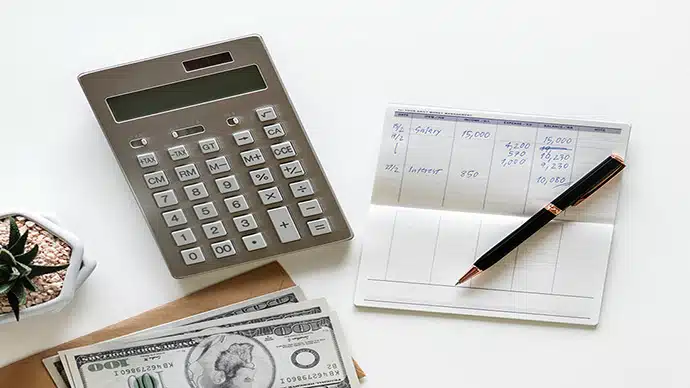
What would you do with the 25% of bill savings at the end of the year?
There are countless possibilities now that your bill is affordable. The smartest options are the ones that will greatly improve your overall financial position, including paying off any debts, obtaining insurance, creating an emergency fund, or even saving for your bright future. We have provided details on each option, including recommendations on how to begin, and what you can do within each option.
Pay Off Debts
The vast majority of people have some form of debt in their lives. For those who recently graduated from college, the most significant debt they face is at least one student loan, although many have multiple active loans. Graduates in the class of 2013 had debts averaging $28,400 for borrowers who attended public or non-profit colleges. Those who attended private or for-profit institutions faced much higher numbers, similar to those studying law or medicine, who often faced loans upwards of $60,000.
Another common form of debt is a mortgage on your house. Due to the lengthier nature of this type of loan, many people make the mistake of believing that this debt is not a concern, or—shockingly—not even debt at all. However, mortgages can often become a large issue if a family or individual experience financial troubles. Many simply take out a second mortgage, but this often only delays the inevitable.
Credit cards offer another incredibly common and often debilitating form of debt. While it should be everyone’s goal to treat his or her credit card as a debit card and pay off their bills in full every month, or even after every purchase, this is not the reality for many. Even missing one payment can trigger a downward spiral into serious debt because of overspending and interest rates. Many people overspend when they use their credit cards simply because it is easier to hand over the card rather than cash.
With the savings on your monthly service bills—hydro, smart phone, Internet, et cetera—consider taking a look at your debts and make extra payments. Now, which debts do you want to pay off first?
Consider good debt and bad debt—debt that improves your financial position and debt that does not—as well as what will provide you with the most financial relief. Money Magazine indicates “putting $500 towards a $3,000 credit card bill with an 18% interest rate will save you far more than paying off a $500 bill at 6%.”
Regardless of the debt that you choose, having the extra money from savings on your service bills will be an improvement and you will be closer to the coveted debt-free position.
Think About Insurance
Many individuals do not have health insurance, or have inadequate health insurance, due to the inability to afford the payments policies require. This can have disastrous or even fatal consequences: “by more sober estimates, over 20,000 people die each year as a direct result of inadequate insurance.”
Unfortunately, some insurance policies may cost more than your 25% savings from one month, although a year of savings is often capable of covering a few payments. It should at least help you get a basic insurance plan if you do not currently have one, or upgrade to a policy with more coverage.
Save for the Future
You may also choose to save for your future with the savings on your monthly service bill. This can include saving money for your wedding, the purchase of a home, an overseas trip, or even for retirement. In fact, experts claim that saving for retirement can never start too early.
Even if you are already making regular payments to a savings account intended for retirement, adding in extra is good planning. If you do not have retirement savings, the extra money you now have from your monthly service bills is a good start. Consider setting up monthly automatic payments to wherever you will store your retirement savings.
Plan for Contingencies
If the unthinkable happened tomorrow, would you be able to pay your rent? Would you be able to survive long enough to get another job or otherwise change your situation before your money ran out?
Unfortunately, too many individuals would not be able to pay next month’s rent if they lost their jobs. Try creating an emergency fund with your new savings from your monthly service bills or add extra money to your regular payments if you already have one. The recommendation for emergency funds is enough money to cover no less than two to three months of living expenses. To determine exactly how much this is, look at how much you are currently earning and how much you are spending each month.
Having enough money to cover two to three months of expenses after a job loss will provide you with the time you need to get your life back on track without the additional worry about how to pay your rent on time. Your bill savings can be a great start to building your personal contingency plan. No one wants to be in a situation where they need to draw on these funds, but it is better to be prepared just in case.
The Takeaway
Consider what will provide the greatest benefit to you and those that you love, just like how making a payment on a higher interest loan saves more than paying one off with a low interest rate. No matter what you decide to do with these savings, there is one important thing to remember: you can live with less stress and worry over making your monthly service bill payments.


